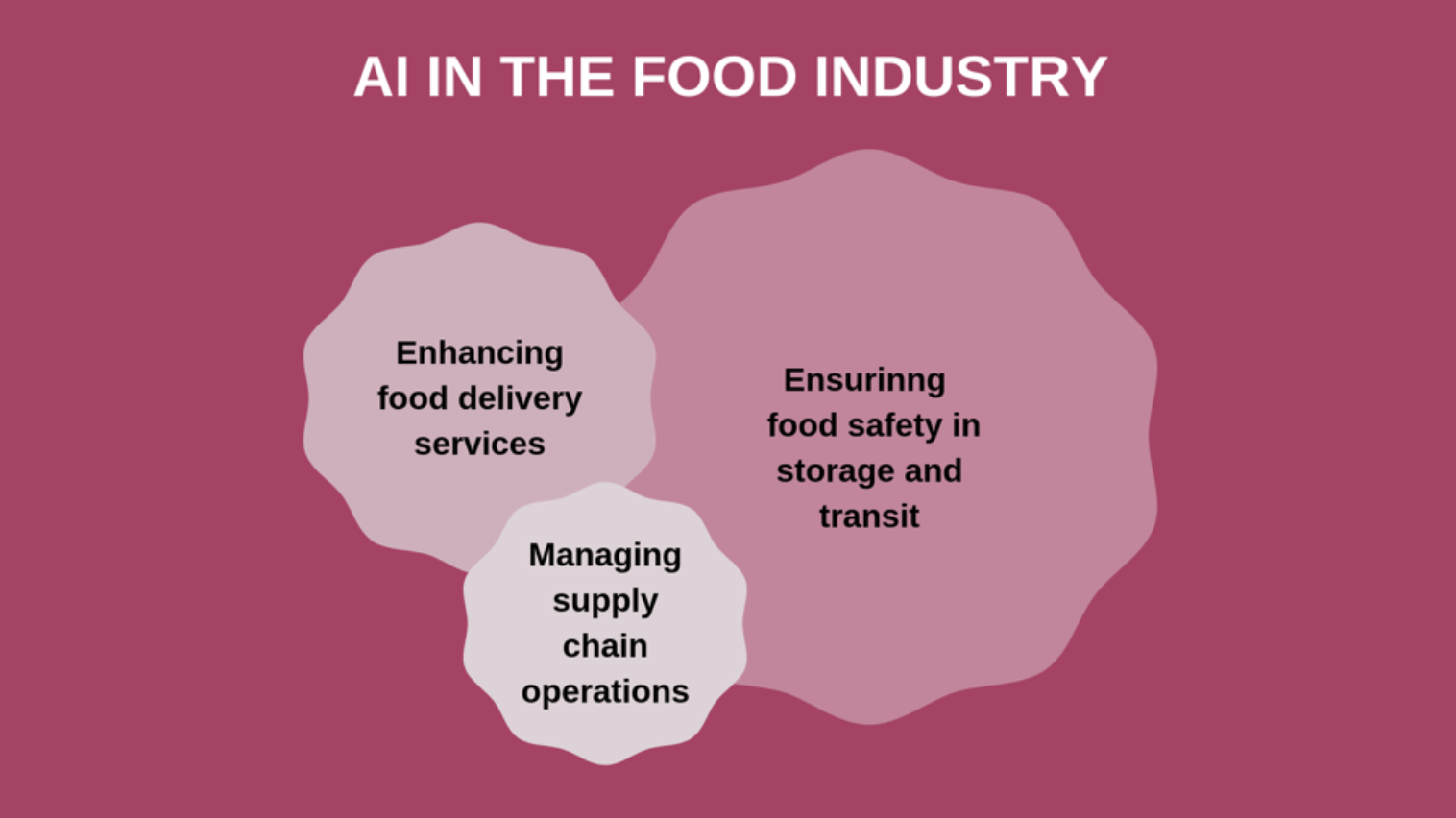Comments
- No comments found

The restaurant industry has evolved significantly over the years, but technology has transformed it in ways that few could have predicted.
With the emergence of machine learning, restaurants are leveraging data analytics to improve operations, customer experience, and profits.

Machine learning algorithms enable restaurants to analyze vast amounts of data, from customer preferences to inventory levels, and make data-driven decisions. In this article, we will explore how machine learning is improving restaurants through various examples.
One of the ways machine learning is transforming restaurants is by improving customer experience. With the help of machine learning algorithms, restaurants can analyze customer data to understand their preferences and provide a personalized experience. Machine learning algorithms can analyze customer data, such as their order history, payment patterns, and social media interactions, to identify their preferences and suggest menu items that they are likely to enjoy. This data can also help restaurants optimize the menu and tailor promotions and loyalty programs to customers' preferences.
For example, McDonald's has been using machine learning algorithms to enhance customer experience through its digital ordering kiosks. The kiosks use machine learning to recommend menu items based on the customer's previous orders and preferences. The system also suggests add-ons to the customer's order, such as drinks or desserts, based on the customer's previous purchase history. The result is a more personalized experience that drives customer loyalty and repeat business.
Machine learning is also transforming restaurant operations by enabling better inventory management, reducing waste, and improving efficiency. With machine learning, restaurants can analyze data from their point of sale (POS) systems, inventory management systems, and other sources to identify trends and patterns. This data can help restaurants optimize inventory levels, predict demand, and reduce waste by ordering only what they need.
As an example, Sweetgreen, a US-based fast-casual restaurant chain, has been using machine learning algorithms to optimize inventory management. The system uses data from sales, inventory, and weather patterns to predict demand and optimize inventory levels. The system has helped Sweetgreen reduce food waste by 64% and improve profitability by 20%.
In addition, Burger King has been using machine learning algorithms to improve its drive-thru operations. The system uses data from multiple sources, such as weather, traffic, and previous orders, to predict the customer's wait time and optimize staffing levels. The system has helped Burger King reduce wait times by 30 seconds and increase customer satisfaction.
Machine learning is also transforming menu development by enabling restaurants to develop menus that are tailored to customer preferences and optimized for profitability. With machine learning, restaurants can analyze data on customer preferences, sales patterns, and ingredient costs to develop menus that are profitable and appealing to customers.
Starbucks has been using machine learning algorithms to develop its menus. The system uses data on customer preferences, sales patterns, and ingredient costs to develop new menu items that are optimized for profitability and appeal to customers. The result is a menu that is constantly evolving and staying relevant to customers' preferences.
Machine learning is also transforming fraud detection in the restaurant industry by enabling restaurants to detect and prevent fraud in real-time. With the help of machine learning algorithms, restaurants can analyze data from their POS systems, credit card transactions, and other sources to detect fraudulent activity.
Additionally, by using a EFTPOS card reader, a restaurant can monitor payments and detect abnormalities in real time. This enables them to take immediate action and prevent financial losses.
Toast, a US-based restaurant management platform, has been using machine learning algorithms to detect and prevent fraud. The system uses data from its POS system to identify suspicious transactions and anomalies in transaction data. The system can detect fraudulent activity in real-time and alert the restaurant staff, preventing losses and protecting the business's reputation.
Machine learning is transforming the restaurant industry by enabling restaurants to leverage data analytics to improve operations, customer experience, and profitability. With machine learning algorithms, restaurants can analyze vast amounts of data to understand customer preferences, optimize inventory levels, and develop menus that are appealing to customers while also being profitable. Machine learning algorithms also enable restaurants to detect and prevent fraud in real-time, protecting their businesses from potential losses.
AI is enabling restaurants to operate more efficiently, improve the customer experience, and increase profitability. As the technology continues to evolve, we can expect to see even more innovative applications of machine learning in the restaurant industry, driving further improvements in operations, and customer experience.
Naveen is the Founder and CEO of Allerin, a software solutions provider that delivers innovative and agile solutions that enable to automate, inspire and impress. He is a seasoned professional with more than 20 years of experience, with extensive experience in customizing open source products for cost optimizations of large scale IT deployment. He is currently working on Internet of Things solutions with Big Data Analytics. Naveen completed his programming qualifications in various Indian institutes.
Leave your comments
Post comment as a guest